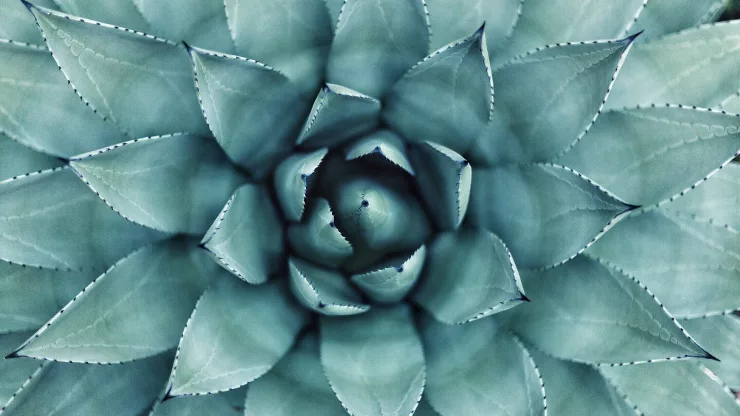Addictions can be a difficult and complex issue to deal with. Whether it’s drug abuse, alcoholism, gambling, or any other form of addiction, it can have a significant impact on your health and well-being.
However, it’s important to remember that you are not alone, and there are steps you can take to reclaim control of your life.
In this article, we’ll explore some practical tips to help you overcome addiction and achieve a healthier and happier life.
Jump to Section
Struggling with Addictions?
The first step in overcoming addiction is to acknowledge that you have a problem.
This can be a challenging and often painful process, but it’s essential to take an honest look at your behavior and the impact it’s having on your life.
It’s important to remember that addiction is a disease, and it’s not a reflection of your character or willpower.
Once you’ve recognized that you have a problem, you can begin to take steps towards recovery.
Seek Professional Help
Seeking professional help is a crucial step in overcoming addiction. A qualified healthcare professional can help you understand the nature of your addiction and develop a personalized treatment plan.
This might include medication, therapy, or other forms of support. It’s important to work with a professional who understands your unique needs and can provide ongoing support and guidance throughout your recovery.
Develop a Support System
Building a support system is essential for recovery. This can include family, friends, support groups, or other individuals who can provide encouragement and guidance throughout your journey.
It’s important to surround yourself with positive and supportive people who can help you stay on track and hold you accountable.
Consider joining a support group or seeking out a mentor who has experience with addiction recovery.
Create a Plan for Recovery
Developing a plan for recovery is crucial for long-term success. This might include setting goals, identifying triggers, and developing strategies for coping with cravings and other challenges.
Creating a plan can help you stay focused and motivated, and it can provide a roadmap for achieving your goals.
Consider working with a professional or a support group to help you develop a personalized plan for recovery.
Practice Self-Care
Taking care of yourself is essential for recovery. This might include getting enough sleep, eating a healthy diet, and engaging in regular exercise.
Self-care can also involve mindfulness practices such as meditation or yoga, which can help you manage stress and promote a sense of calm.
Remember that recovery is a journey, and it’s important to be patient and kind to yourself throughout the process.
FAQ
How long does it take to recover from addiction?
Recovery from addiction is a lifelong process, and it can take varying amounts of time depending on the individual and the nature of their addiction. It’s important to remember that recovery is not a one-size-fits-all process, and it can take time to find the right treatment plan and develop effective coping strategies.
Can I recover from addiction on my own?
While it’s possible to recover from addiction on your own, it’s often more effective to seek professional help and build a support system. Addiction is a complex disease, and it’s important to work with qualified healthcare professionals who can provide guidance and support throughout the recovery process.
What should I do if I relapse?
Relapse is a common part of the recovery process, and it’s important to approach it with compassion and a willingness to learn.
If you do relapse, it’s important to seek support and guidance from a professional or a support group.
Remember that recovery is a journey, and setbacks are a natural part of the process. Keep moving forward and stay committed to your goals.
Overcoming addiction is a challenging and often difficult process, but it’s not impossible.
By acknowledging the problem, seeking professional help, building a support system, developing a plan for recovery, and practicing self-care, you can take control of your health and wellness and achieve a happier and more fulfilling life.
Remember that recovery is a journey, and it’s important to be patient, kind, and compassionate to yourself throughout the process.

With a deep passion for personal development, Ben has dedicated his career to inspiring and guiding others on their journey towards self-improvement.
His love for learning and sharing knowledge about personal growth strategies, mindfulness, and goal-setting principles has led him to create My Virtual Life Coach.
Contact Ben at [email protected] for assistance.




